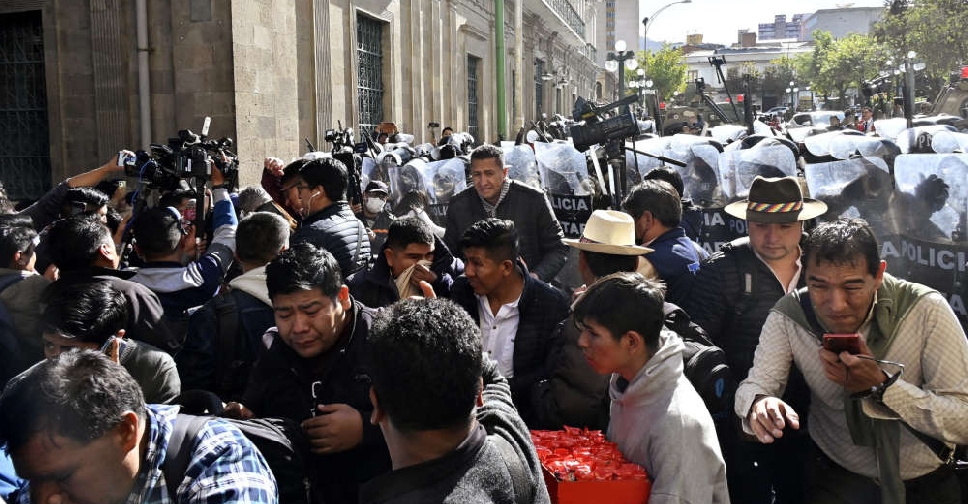
Bolivian armed forces pulled back from the presidential palace in La Paz on Wednesday evening and a general was arrested after President Luis Arce slammed a "coup" attempt against the government and called for international support.
Earlier, military units led by General Juan Jose Zuniga, recently stripped of his military command, had gathered in the central Plaza Murillo square, home to the presidential palace and Congress. A Reuters witness saw an armored vehicle ram a door of the presidential palace and soldiers rush in.
"Today the country is facing an attempted coup d'état. Today the country faces once again interests so that democracy in Bolivia is cut short," Arce said in comments from the presidential palace, with armed soldiers outside.
"The Bolivian people are summoned today. We need the Bolivian people to organise and mobilise against the coup d'état in favor of democracy."
A few hours later, a Reuters witness saw soldiers withdraw from the square and police take control of the plaza. Bolivian authorities arrested Zuniga and took him away, though their destination was unclear.
Inside the presidential palace, Arce swore in José Wilson Sanchez as the military commander, Zuniga's former role. He called for calm and order to be restored.
The United States said it was closely monitoring the situation and urged calm and restraint.
Tensions have been building in Bolivia ahead of general elections in 2025, with leftist ex-President Evo Morales planning to run against former ally Arce, creating a major rift in the ruling socialist party and wider political uncertainty.
Many do not want a return of Morales, who governed from 2006-2019 when he was ousted amid widespread protests and replaced by an interim conservative government. Arce then won election in 2020.
Zuniga said recently that Morales should not be able to return as president and threatened to block him if he attempted to, which led Arce to remove Zuniga from his post.
Ahead of the attack on the presidential palace, Zuniga had addressed reporters in the square and cited growing anger in the landlocked country, which has been battling an economic slump with depleted central bank reserves and pressure on the boliviano currency as gas exports have dried up.


 Australia passes social media ban for children under 16
Australia passes social media ban for children under 16
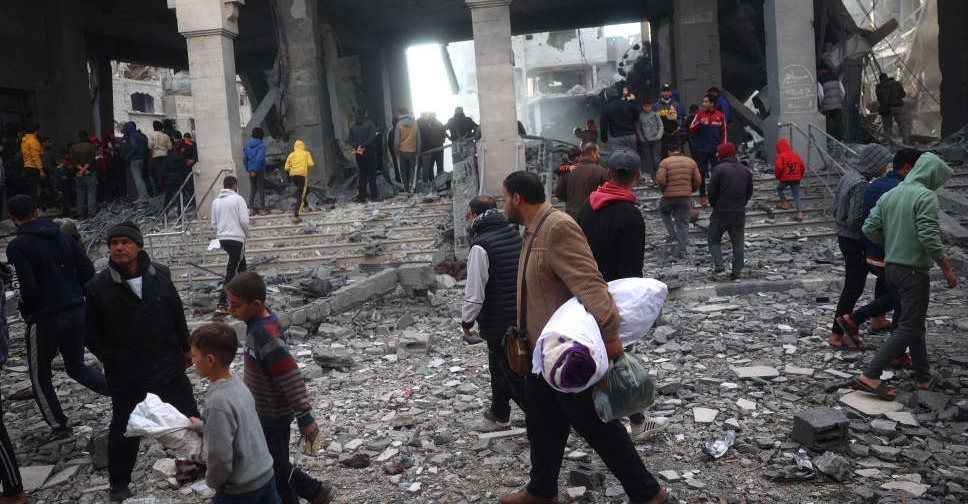 17 killed as Israel ups bombing in Gaza
17 killed as Israel ups bombing in Gaza
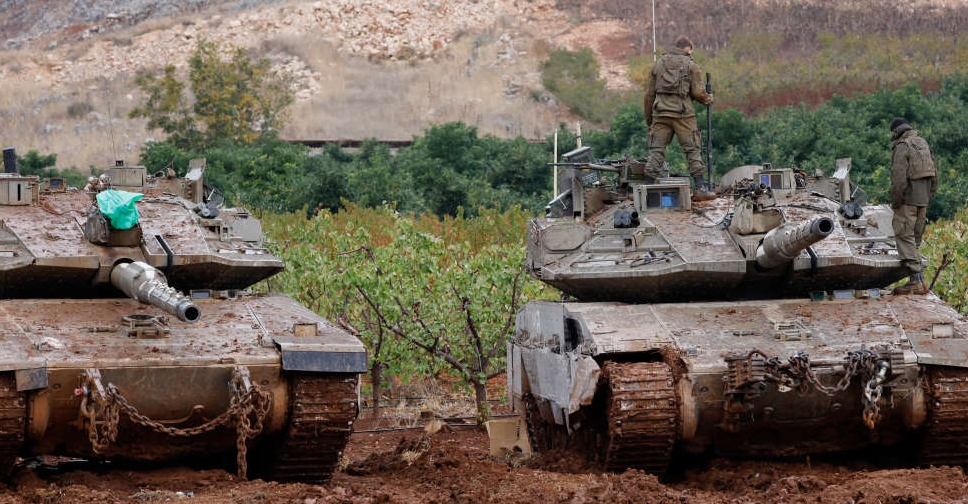 Israeli tank fires on south Lebanon
Israeli tank fires on south Lebanon
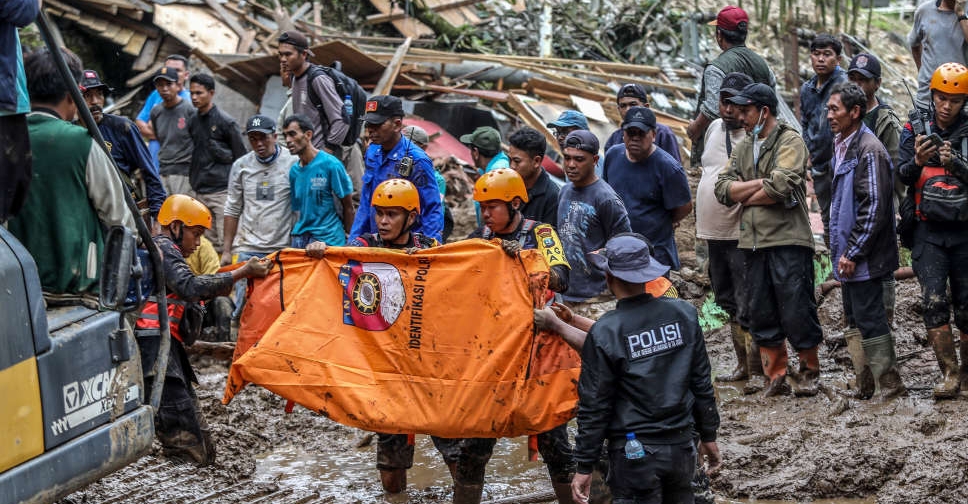 Landslides in Indonesia's Sumatra kill at least 27
Landslides in Indonesia's Sumatra kill at least 27
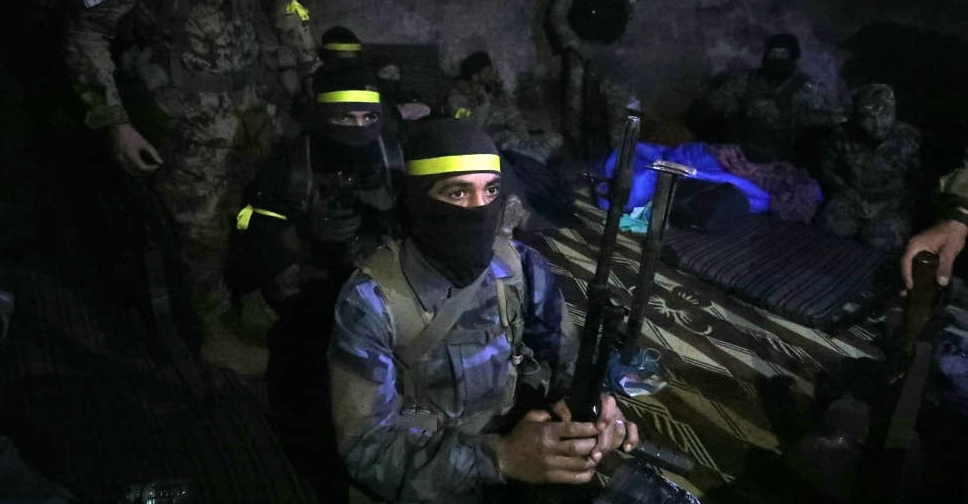 Syrian armed group makes first advance in years
Syrian armed group makes first advance in years







